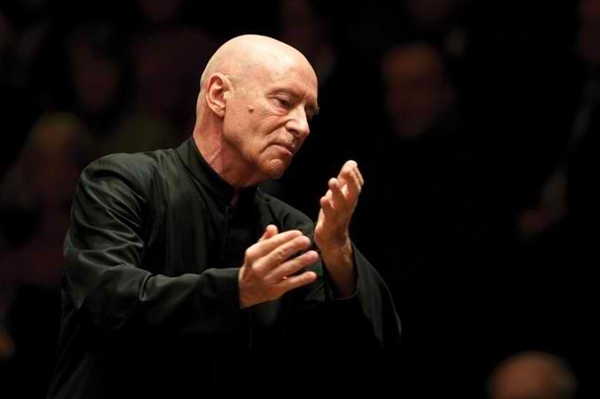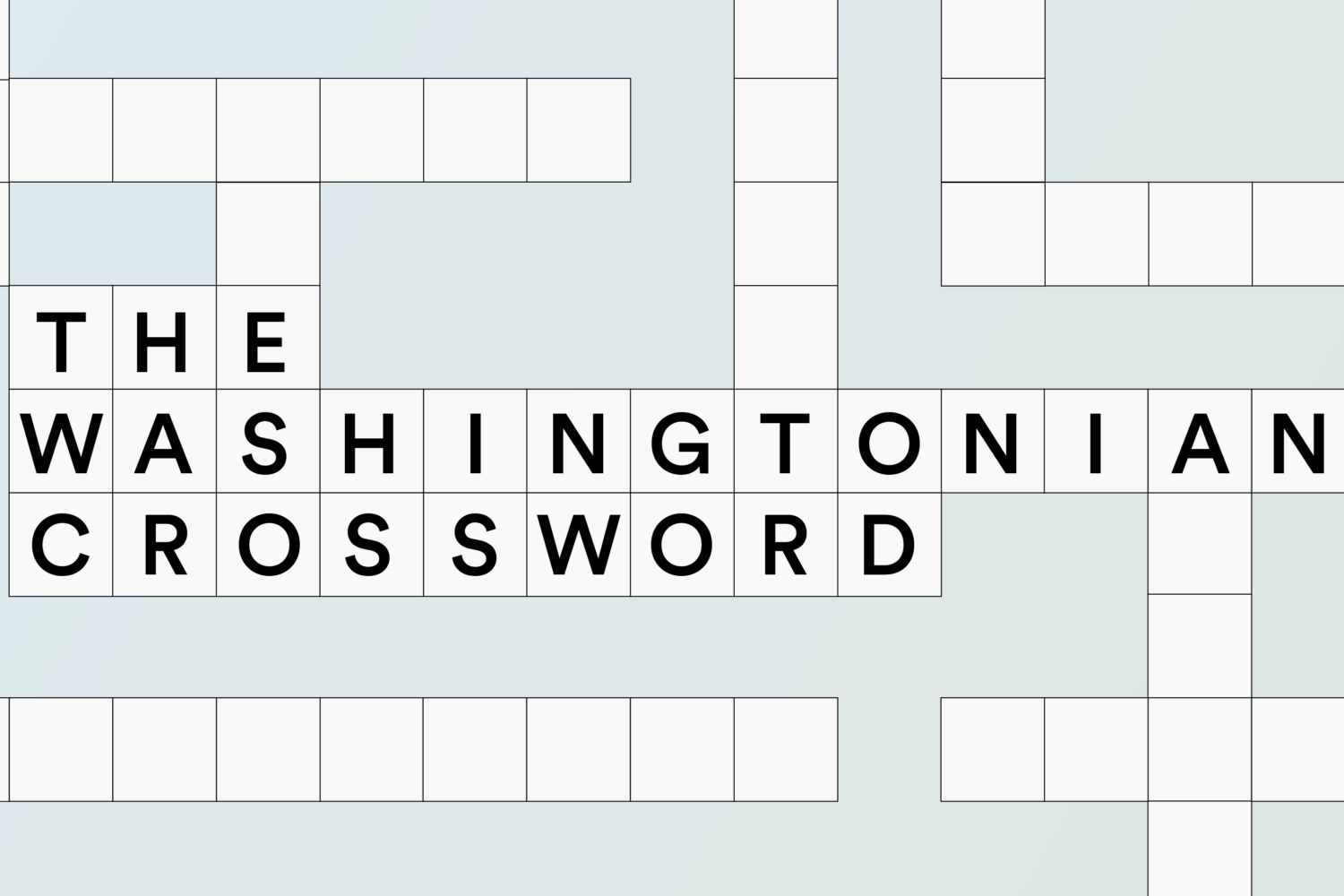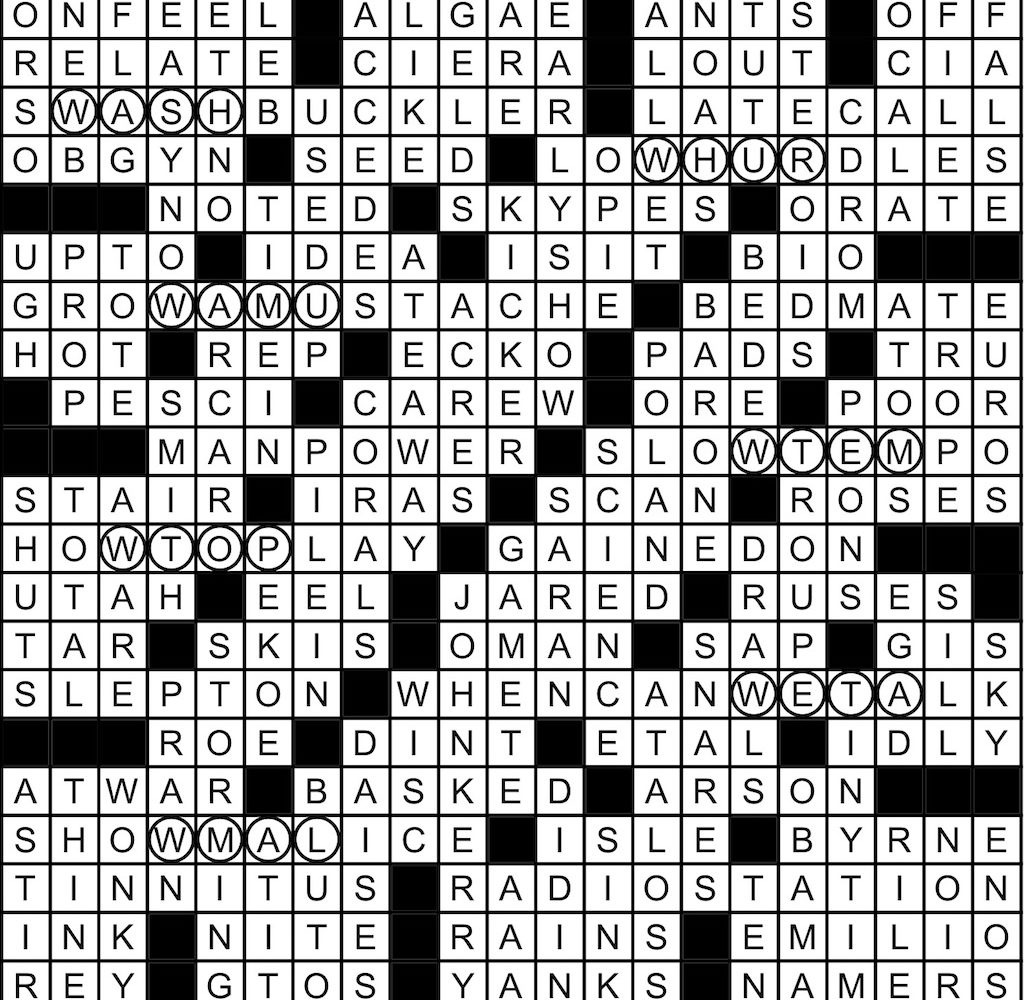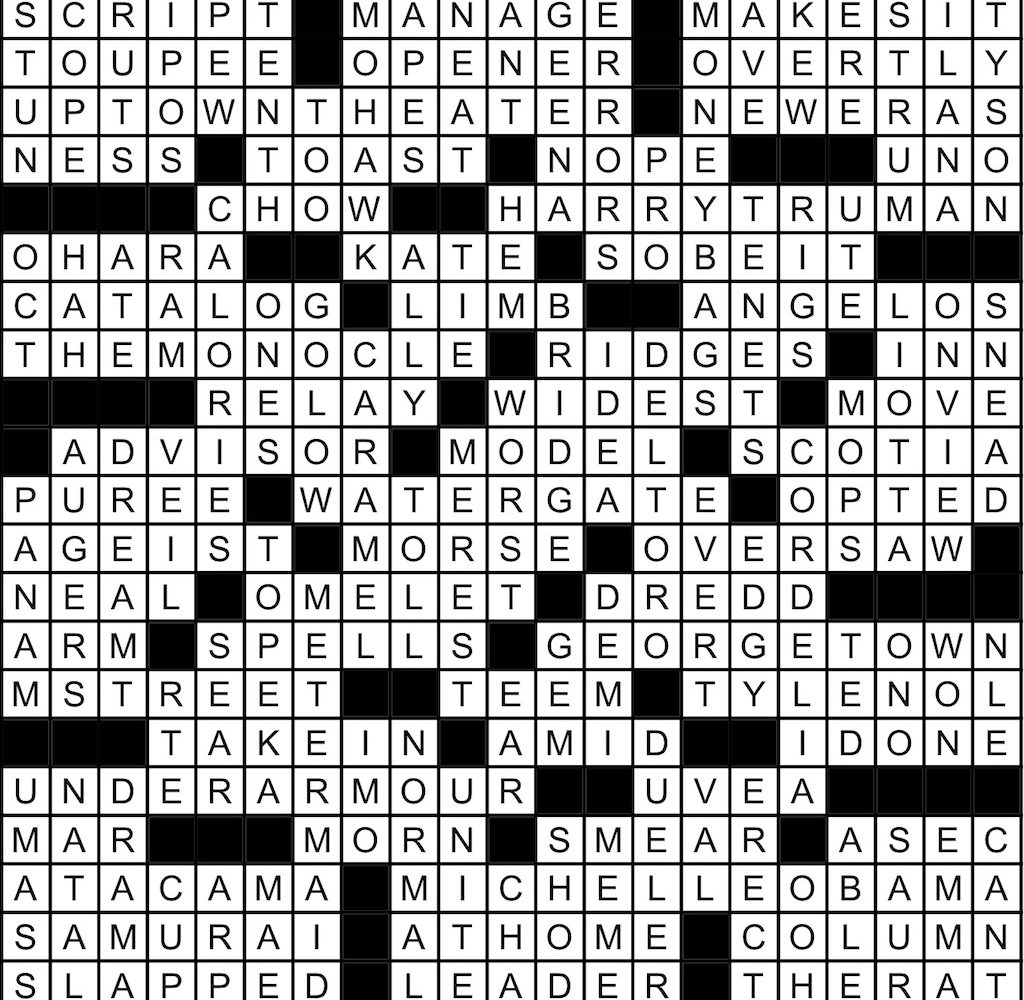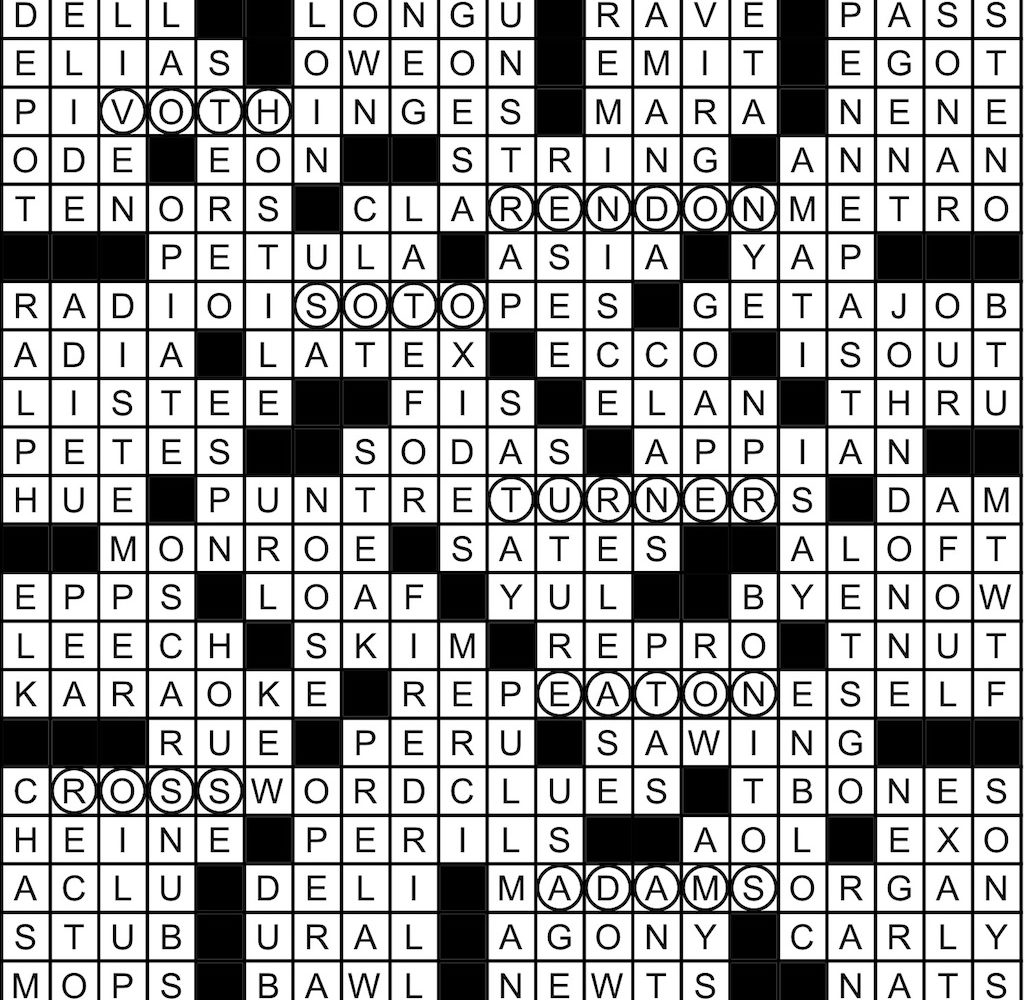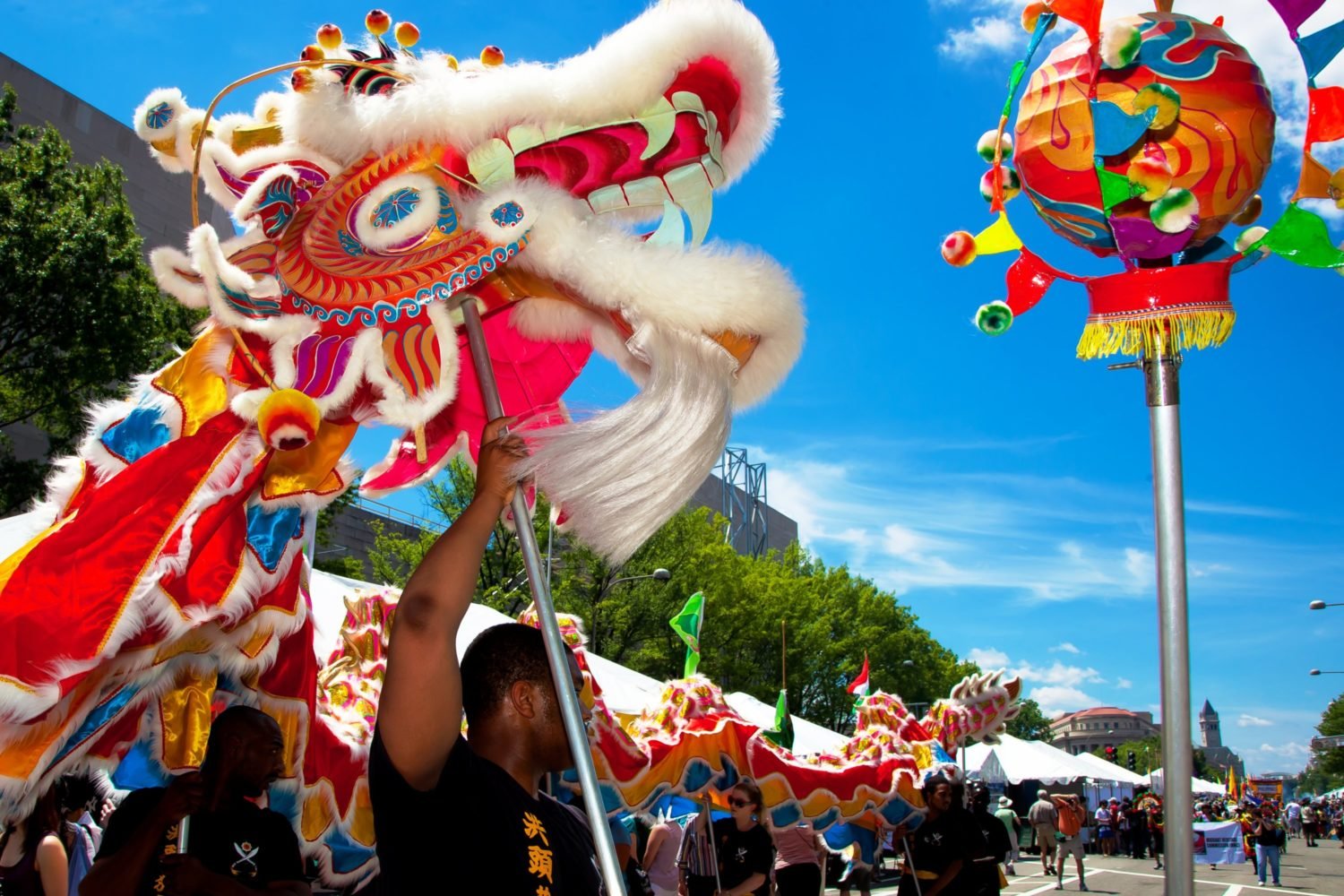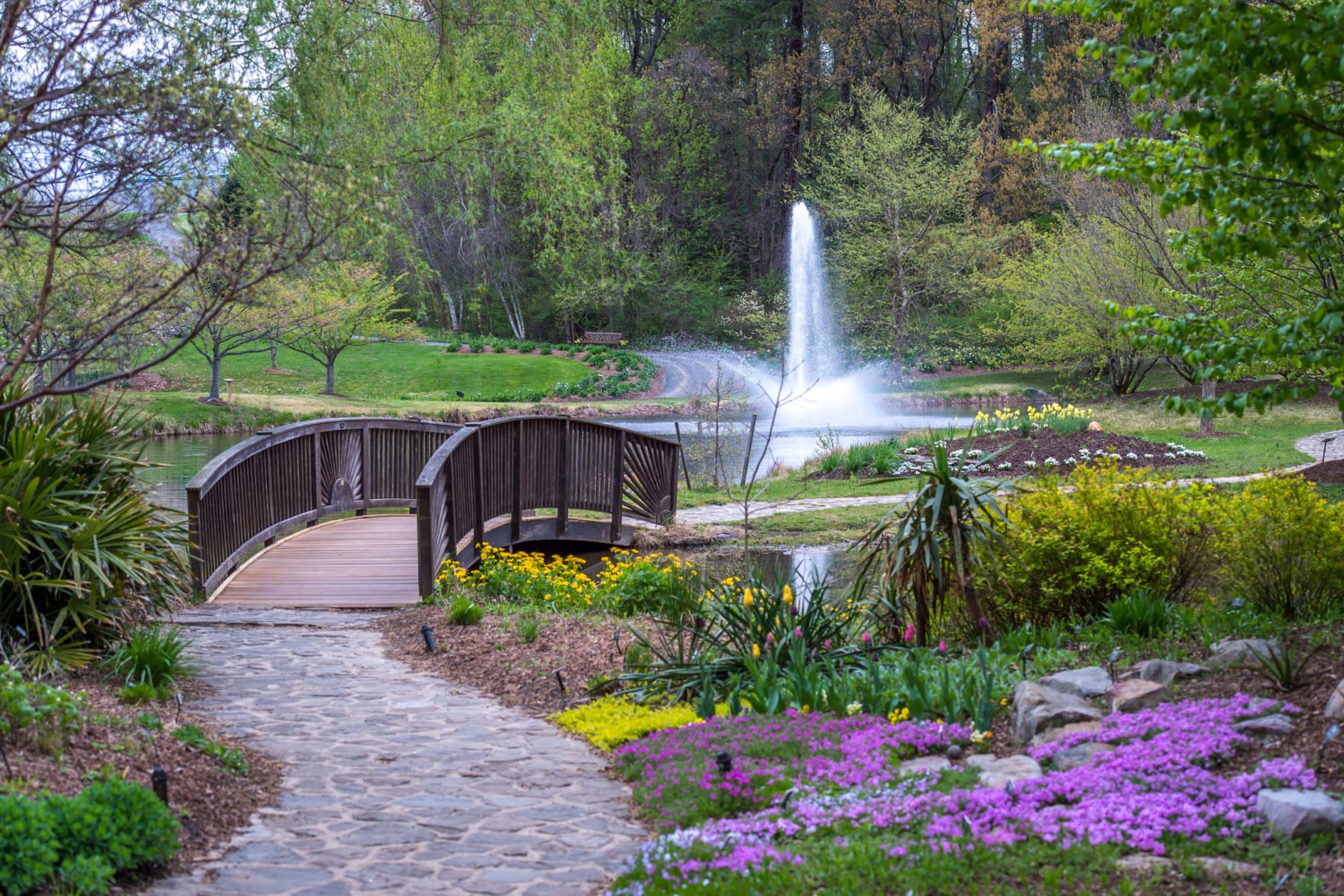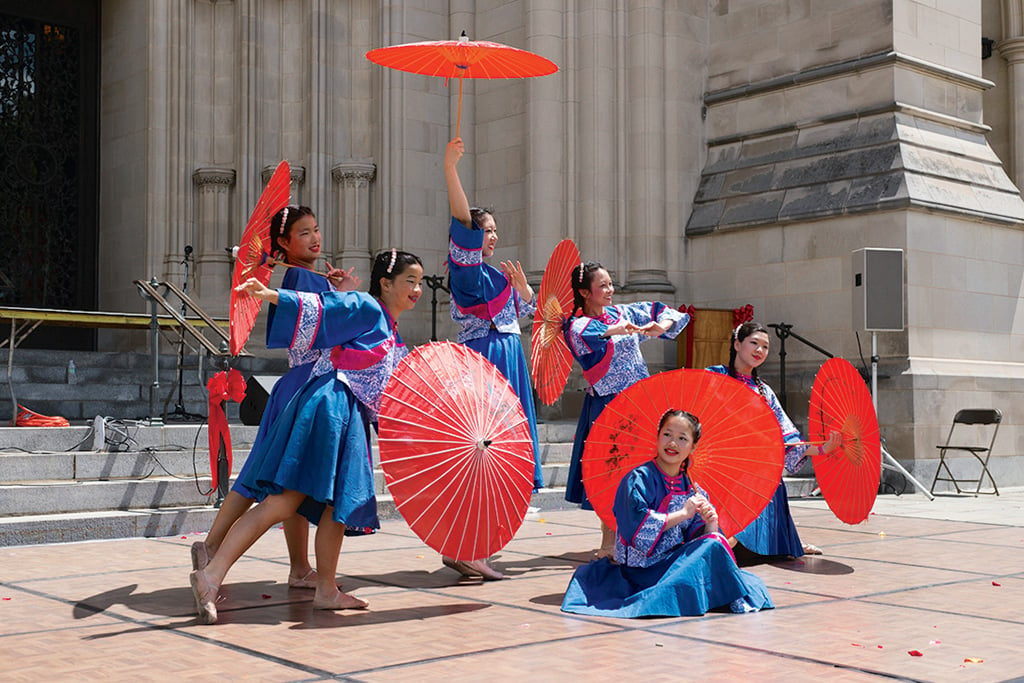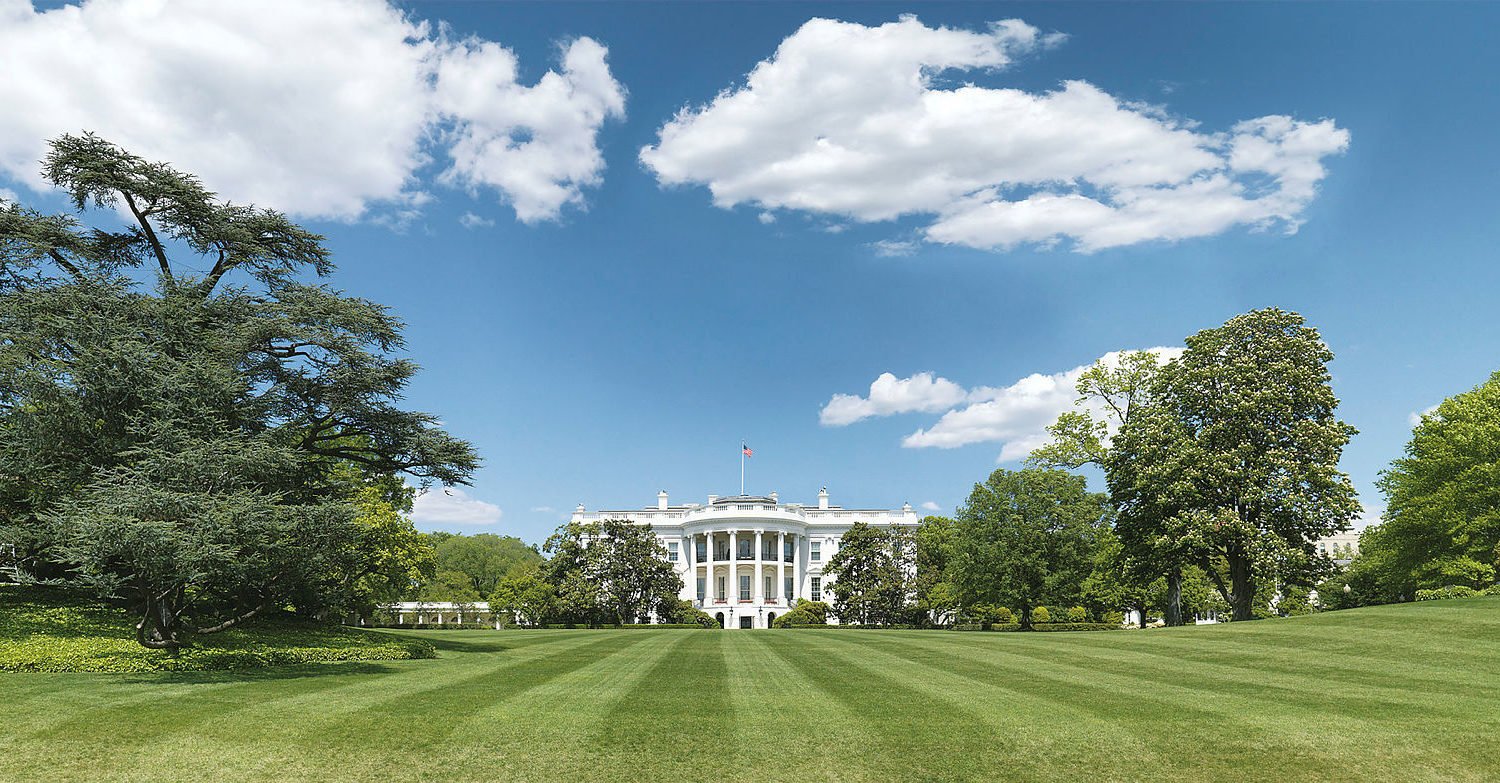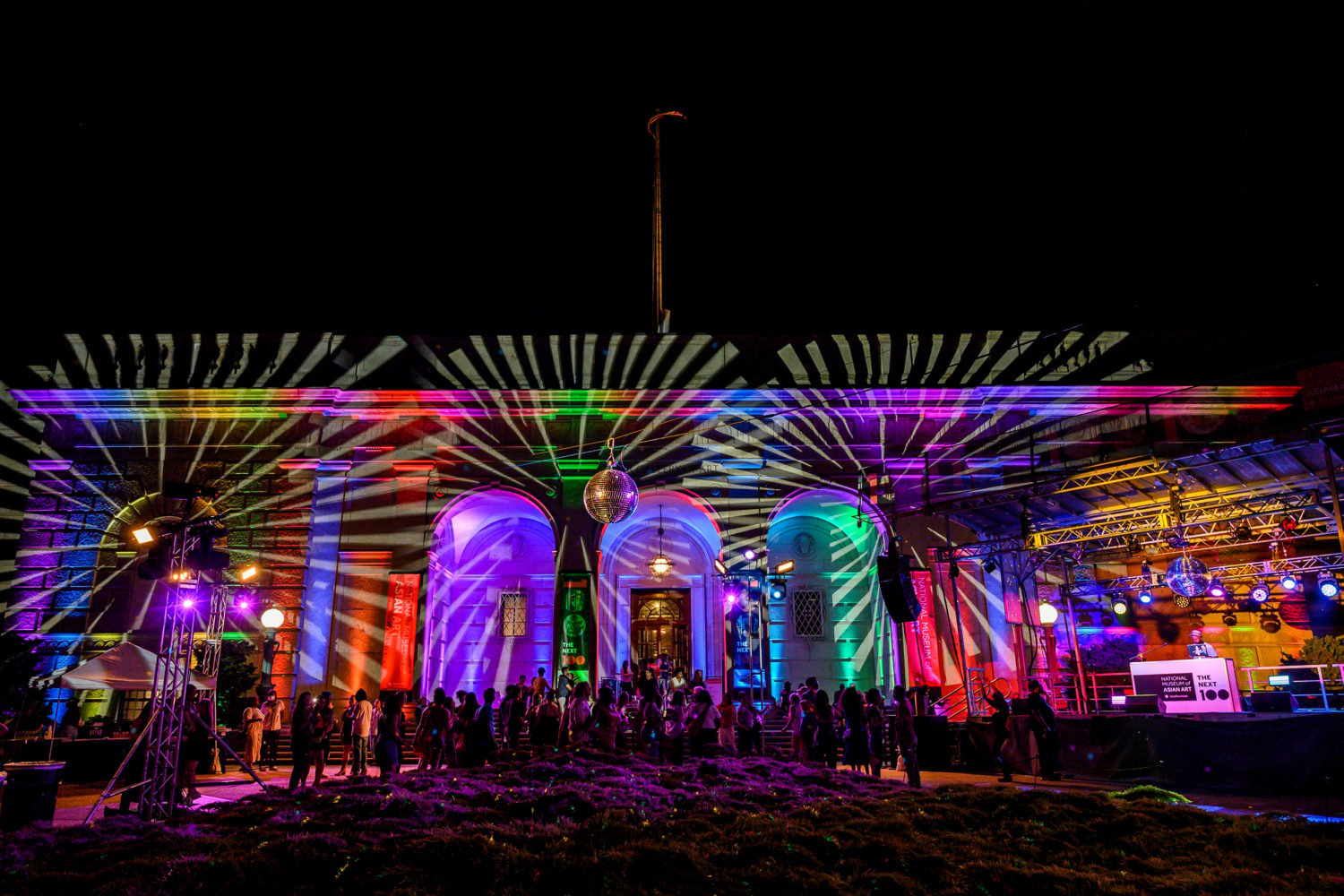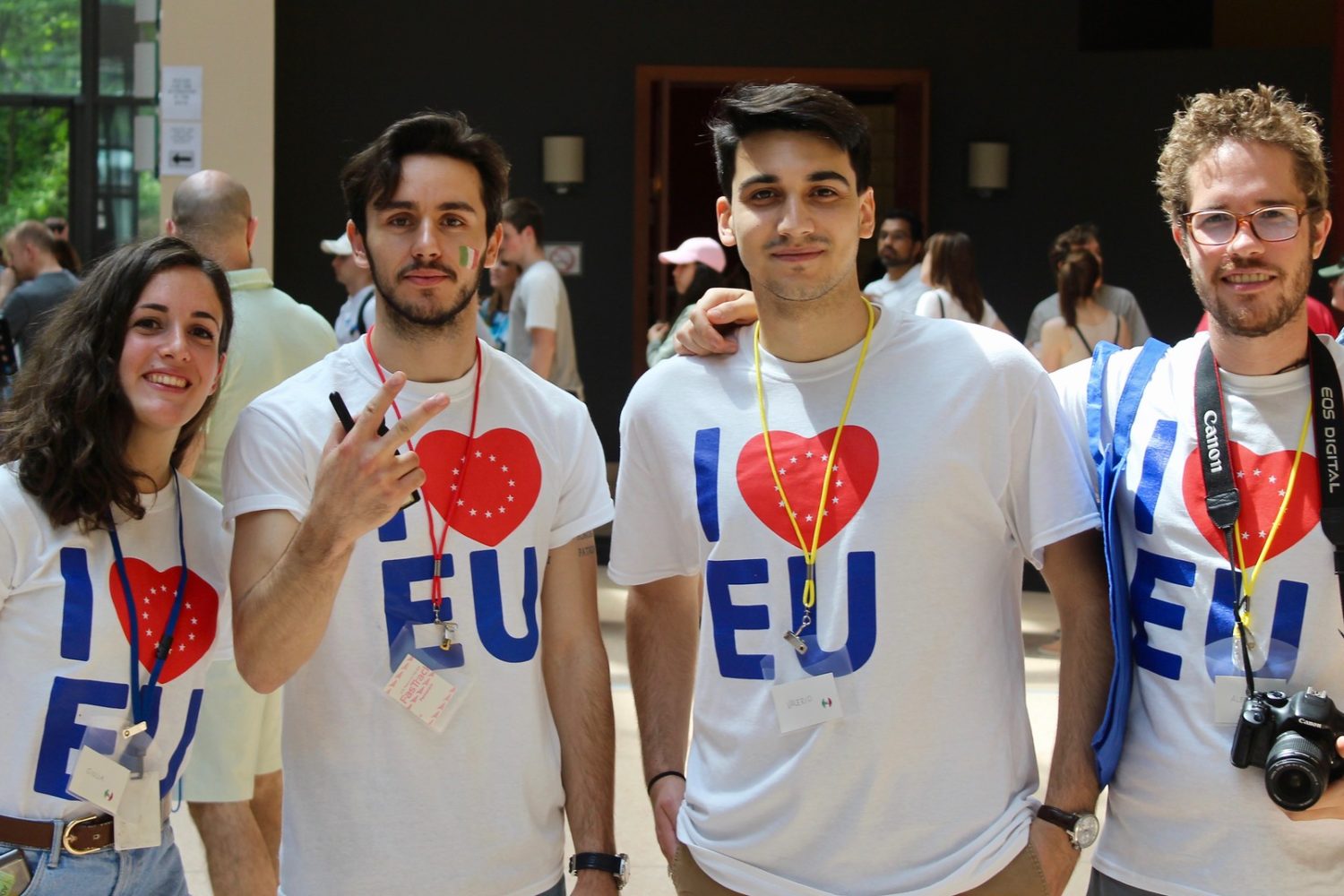The National Symphony Orchestra's new music director Christoph Eschenbach. Photo by Margot Schulman
The National Symphony Orchestra had a dynamic first season with its new music director, Christoph Eschenbach. Eschenbach has shown that his rapport with the musicians is strong, that he chooses some interesting repertory off the beaten path, and that he knows how to blend those unusual choices with some bones tossed to the more conservative audience member. Certainly, Eschenbach’s presence has nudged the NSO back into position as the local orchestra we most want to hear, a place it had arguably lost to the Baltimore Symphony Orchestra during the early years of Marin Alsop’s tenure. The chance to watch how the NSO grows and develops with Eschenbach is worth the price of admission to at least some of next season’s concerts.
After the Season Opening Ball concert (September 25), which is generally not for the serious listener interested in something beyond the ear candy of violinist Joshua Bell and baritone Thomas Hampson, Eschenbach does not conduct again until nearly Thanksgiving. In fact, Eschenbach’s season does not really get interesting until January, beginning with the program featuring clarinetist Jörg Widmann (January 26 to 29) in Mozart’s clarinet concerto (plus Widmann’s own piece with glass harmonica), and Schubert’s ninth symphony. We also recommend Bruckner’s Ninth Symphony, plus Nadja Salerno-Sonnenberg playing Shostakovich’s A Minor Violin Concerto (February 9 to 11), and two concerts pairing tone poems by Richard Strauss with Beethoven symphonies: Metamorphosen with the Third Symphony (February 2 to 4), and Ein Heldenleben with the Fourth Symphony (under highly recommended veteran guest conductor Herbert Blomstedt, February 16 to 19). In case you missed Osvaldo Golijov’s Sidereus, heard from the Baltimore Symphony Orchestra just a couple weeks ago, you can hear it again from the NSO (December 1 to 3), paired with Shostakovich’s first symphony and violinist Midori.
Kennedy Center Festival in March
The centerpiece of the season, however, is a Kennedy Center festival devoted to the Music of Budapest, Prague, and Vienna, which includes the not-to-be-missed concerts of the season. This “festival” is little more than a grab-bag concept, but it brings together some great programming, beginning with Budapest and the music of Bartók, featuring two fine singers, Michelle DeYoung and Matthias Goerne, in Duke Bluebeard’s Castle (March 8 to 10). Vienna is represented by a concert performance of Beethoven’s Fidelio, a beautiful opera one is unlikely to see staged anytime soon (March 15 to 17), with Christine Goerke (Leonore), Simon O’Neill (Florestan), Eric Halfvarson (Rocco), and Tomasz Konieczny (Don Pizarro). Finally, for Prague, there is Dvorak’s beautiful sacred work Stabat Mater with more excellent singers, soprano Anne Schwanewilms and mezzo-soprano Nathalie Stutzmann (March 22 and 24), plus a one-time program of Dvorak serenades and rarely heard pieces by Janacek with pianist Lukas Vondracek (March 23).
Guest Conductors
As for concerts led by guest conductors, the big guns on the season, like Lorin Maazel (October 27 to 29) and former NSO music director Leonard Slatkin (November 10 to 12), are leading programs that leave me cold. The same goes for this year’s rather bland Messiah with Matthew Halls (December 15 to 18) and Helmuth Rilling leading another performance of Mendelssohn’s oratorio Elijah (April 5 to 7). Instead, the ones to hear are younger Finnish conductors John Storgårds, recently appointed as principal guest conductor of the BBC Philharmonic (October 6 to 9), with Gidon Kremer in Sibelius’s violin concerto plus Carl Nielsen’s fifth symphony, and Hannu Lintu (January 12 to 14) in Sibelius’s Fifth Symphony, plus Steven Mackey’s Beautiful Passing with violinist Leila Josefowicz.
For the season’s most interesting program of modern music, try Oliver Knussen (November 3 to 5) leading Messiaen’s Réveil des Oiseaux and Stravinsky’s Firebird Suite. Remarkably, pianist Stephen Hough is not the major draw when Andrew Litton conducts (April 19 to 21), but the pieces by Frank Bridge and Elgar (the First Symphony). If you can afford one more, we would pick Andreas Delfs (May 17 to 19), in a program including Weill’s second symphony and the talented Nelson Freire in the Brahms Second Piano Concerto.
Subscribe to Washingtonian
Follow Washingtonian on Twitter
More>> After Hours Blog | Arts & Events | Happy Hour Finder | Calendar of Events

